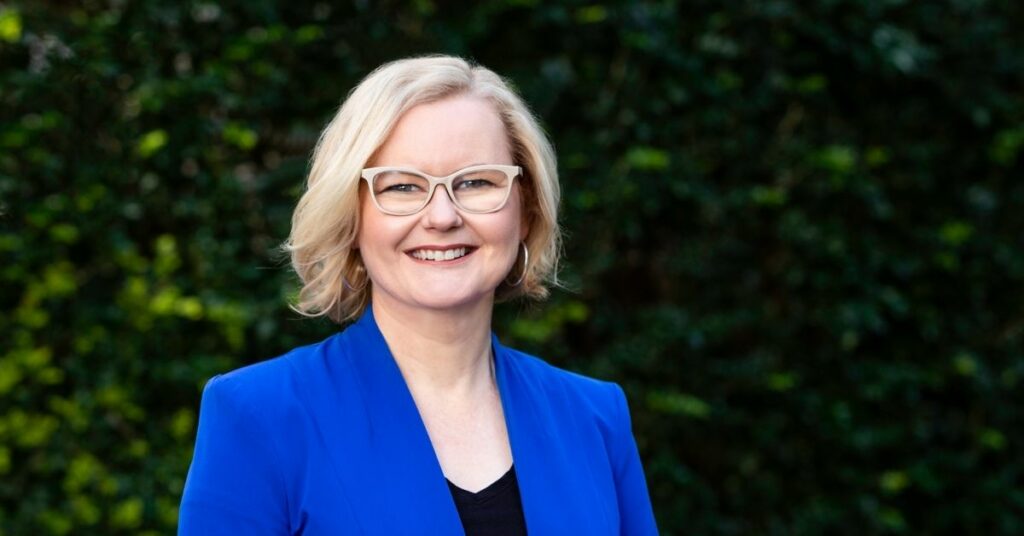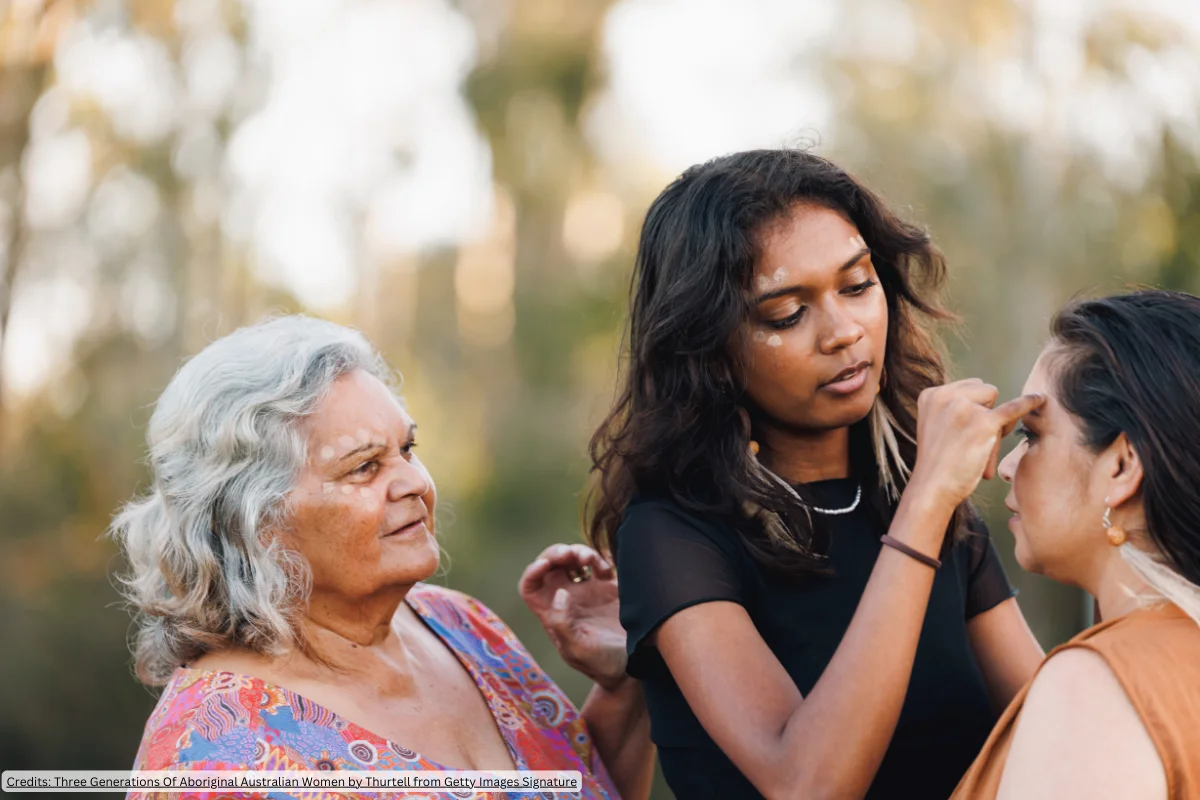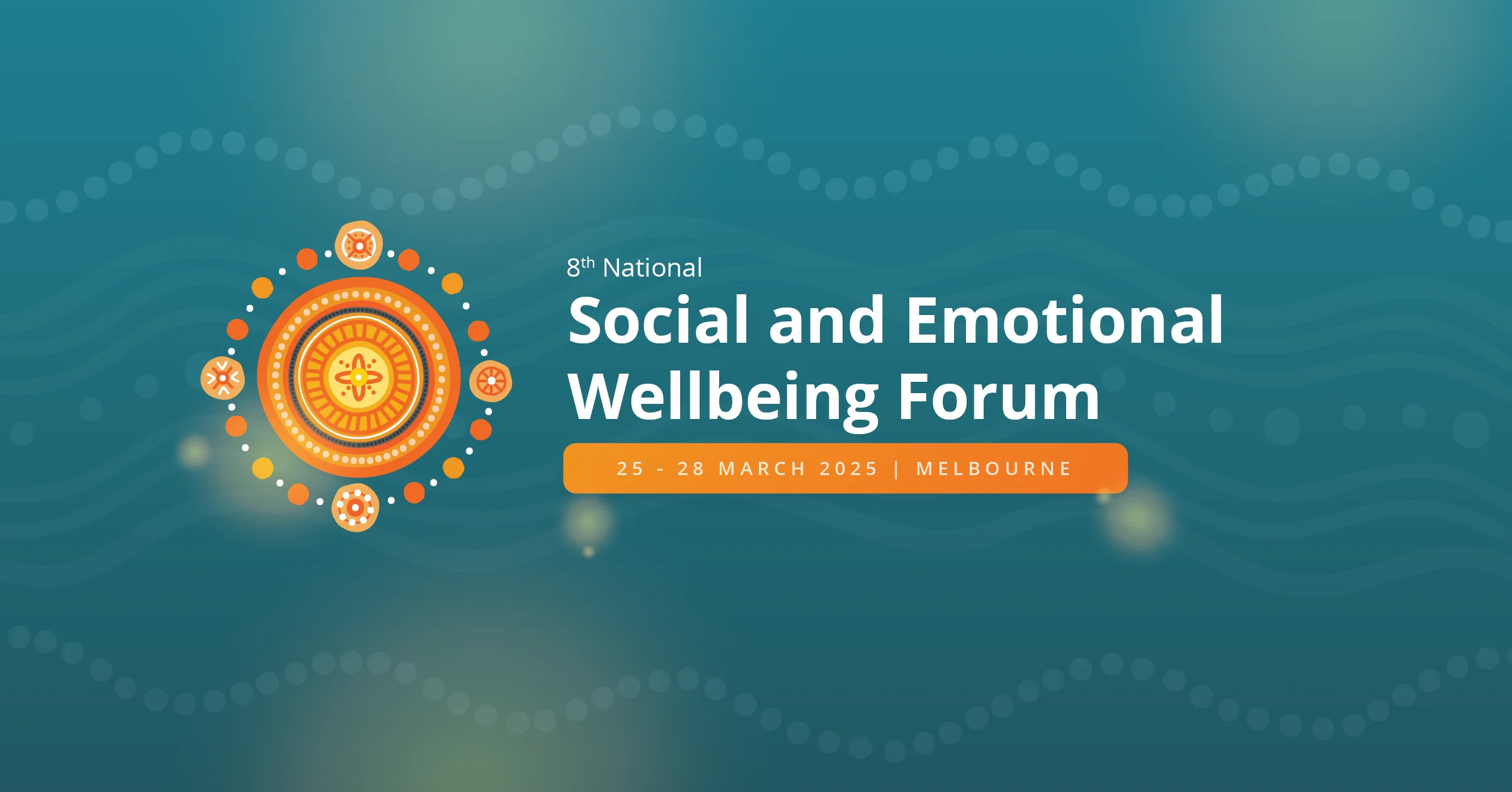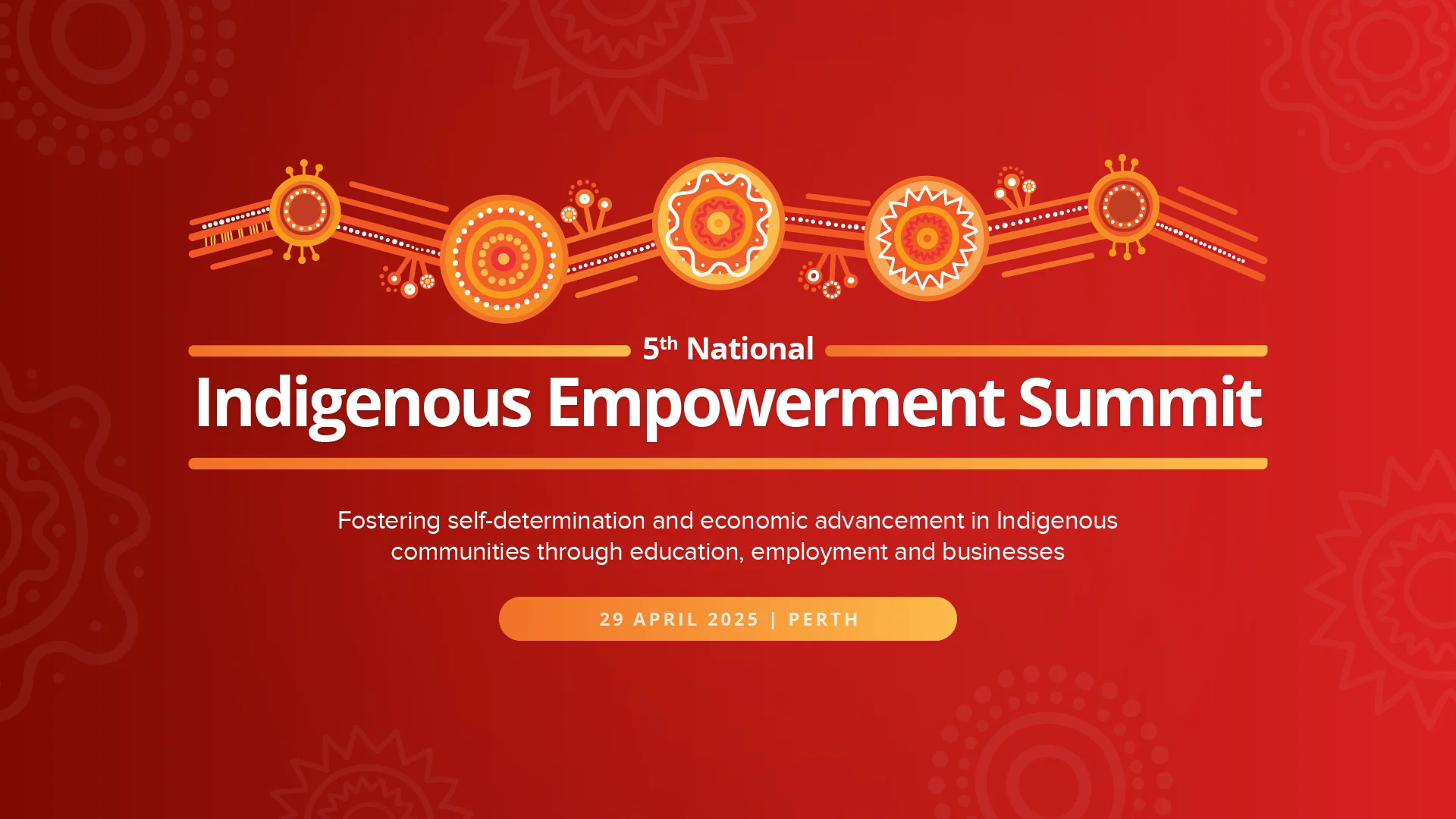Around 4.4 million people in Australia are living with a disability. The likelihood of that number increasing as an individual grows older.
Your Side Australia delivers ‘Total Care” for older people, people with disability, other vulnerable members of the community and carers.
Providing services to support independent living by catering to each individual’s needs and circumstances so that they choose the best support from the complex service system.
Third Sector News interviewed Danielle Ballantine, the Chief Executive Officer at Your Side Australia on providing services and better care to older people, those with disabilities, other vulnerable community members and their carers.
At Your Side Australia, Danielle has demonstrated strong skills in executing strategy and has significantly expanded from 2,000 clients in Sydney to over 26,000 nationally. She uses her lived experience of having low vision (legally blind) impairment to promote accessibility.
Danielle has held many of senior positions across the not-for-profit and corporate sectors but is most passionate about customer service and quality.
As Your Side Australia’s CEO for seven years, what has driven you to continuously provide services to older people, those with disabilities, other vulnerable community members and their carers?
I’ve always wanted to be in an industry where I was providing a service to others. I kind of fell into the disability sector many years ago and knew this was how I wanted to help people. As supports are generally government funded, it means that services can often be complex to access and even harder to navigate. I’ve always been driven by the desire to “hack” the system so people who need the support, receive the support when they need it. I like working through the challenge of “how can this be made easier and better” which was the driving question we asked at Your Side when we designed our TOTAL CARE model. And, 7 years later, it’s the same question because people have unique care needs.
I also love working with the fantastic Your Side team. Everyone is recruited on cultural fit with a deep desire to support and serve others. The team inspires me to approach strategic challenges because they put in an intense effort to deliver great service to those in our community that need it. Being committed to effecting change, collectively, is a great motivator.
How do you keep your team motivated by working with over 130 qualified partners to bring specialist care?
Motivation is both an individual and a collective feeling. I have been very lucky to have a very skilled management team who are passionate and dedicated. Their determination is contagious, as is their support in achieving Your Side’s vision – that every life can be a good one.
These past two years have been extraordinarily difficult for the aged care and disability sectors. COVID-19 has plunged everyone into high-risk and constantly changing work situations, but it also generated an acute focus on our personal and shared responsibility to keep vulnerable people and communities safe. With the intention of keeping people safe, staying motivated is easier.
But, at times, the relentlessness of the pandemic has meant that the energy surges leaders draw on, was now at a relentless high-pressure level. There was very little down or recovery time, which happens in a business-as-usual period. To keep motivation, I go to the basics:
- Communicate, communicate, communicate – CEO updates, meetings, emails and 1:1’s. My team generally hear the same thing eight times and in eight different ways before we move to action.
- Acknowledge and thank your teams. All people like to be seen and have their contributions recognised.
- Openly talk about the tough stuff and give people permission to feel when it’s hard, and that means being available to listen.
- Check in on people when they least expect it. An unexpected “I just called to see how you are” has a big impact. It’s saying, I value you.
- Ask for help or feedback – bringing our partners together regularly and sharing knowledge and resources is incredibly empowering, and respectful of their skills and experience.
Related: Opinion: Supporting our carers – “You can’t pour from an empty cup!”
Which leadership strategies do you believe have had the most significant influence on you and your team?
My default is always servant leadership. I grew up in a RAAF family, so service is deeply embedded in my personal values. The sum is greater than its parts, and we all work together accessing each other’s strengths, to deliver a more impactful service for older people, carers, and people with disability. People have unique needs when it comes to their care and goals in how they want to live their life. This means that care providers cannot be all things to all people, but knowing what we do well, and collaborating with others based on what they excel at, creates a wonderful ecosystem where our clients experience the greatest benefit – personalised and targeted care. This integrated care approach means that we have created a community at Your Side where our purpose is central to what drives us, and I like to think that our partner providers and our clients feel as though they are part of that community.
Working in the NFP Sector for nearly 17 years, how do you think we as a community can focus on providing better care to people living with a disability?
I’ll answer this as someone who has worked in NFP and as a person living with low vision. Respect goes a long way. Respecting that a person with a disability is the expert in the type of support that they need and how that can be delivered. Many people with good intentions try to support people with disability by either assuming what their needs are or doing something for them without first having a conversation. Often the easiest thing is to ask. For example, if I am speaking to a deaf person, I will ask what their preferred communication style is. If someone uses a wheelchair, I will ask if I can touch the chair if they need support with moving. In my career, I’ve had much staff who live with mental health challenges, and I always ask how they like to be supported at work when they become unwell or how work may trigger a period of illness that I should be mindful of and look out for. Providing agency and respecting the person living with a disability as the expert in their own life, helps me be a better person (and leader) in caring for all people.












